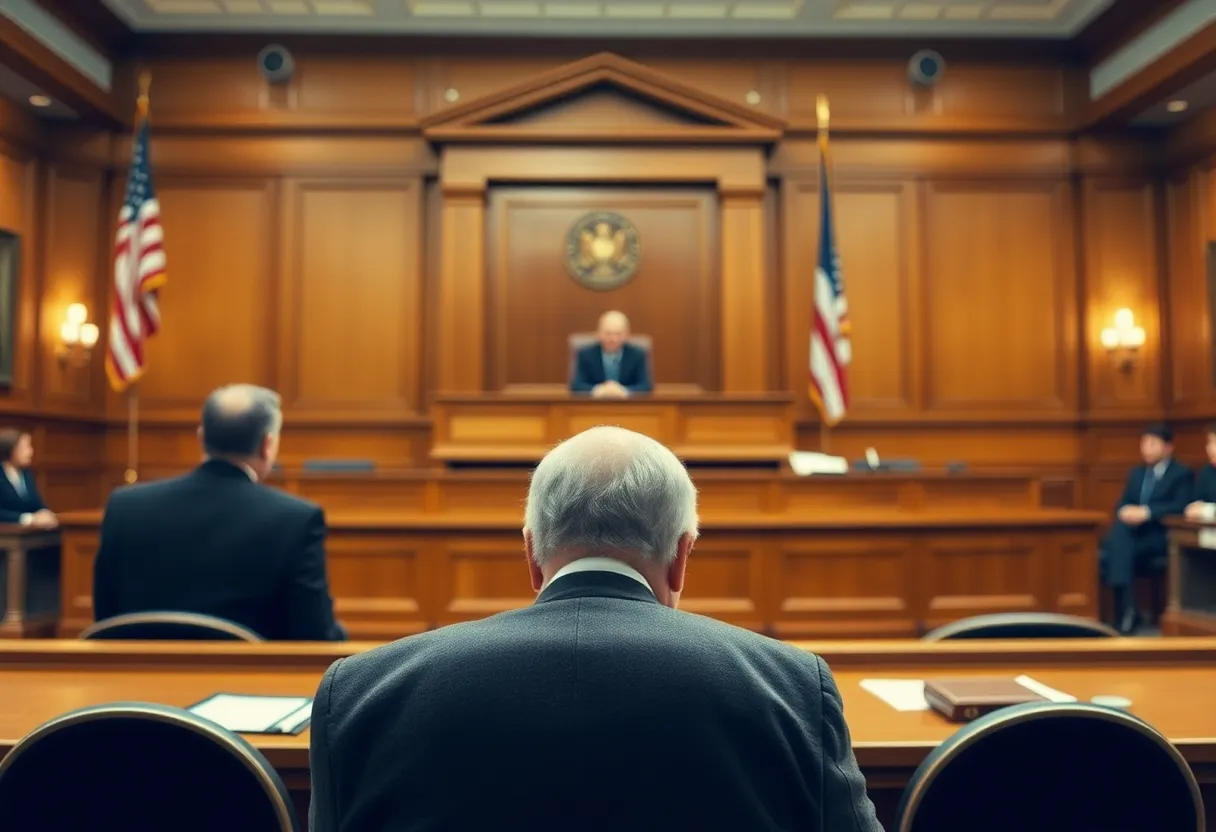News Summary
Recent legislative changes across several states could jeopardize compensation for mesothelioma victims, complicating the pursuit of justice for those affected.
New Laws May Threaten Mesothelioma Payouts: A Closer Look
The legal landscape for mesothelioma victims is rapidly changing as several states push through legislation aimed at limiting damages in personal injury lawsuits linked to asbestos exposure. Recently, Georgia, Missouri, and Arkansas have passed bills that could potentially complicate or delay crucial compensation for those suffering from this devastating disease. Meanwhile, Montana is deliberating over bills that could restrict legal actions against entities responsible for asbestos-related injuries.
Impact of Recent Legislation
In Georgia, the controversial Senate Bill 68 aims to establish a balance between the interests of plaintiffs and defendants, yet many critics argue that it could significantly restrict the rights of mesothelioma victims. The recent changes may lead to a chilling effect on the ability of these individuals to pursue essential compensation for their suffering.
Missouri’s House Bill 68 presents a particularly jarring shift. It seeks to reduce the statute of limitations for filing asbestos-related lawsuits from five years to just two years. This drastic reduction may impact the willingness of victims to seek justice, given the already complex nature of these cases. Every day’s delay can mean a real risk of losing the right to file a claim.
Similarly, Arkansas’s House Bill 1204 proposes to limit compensation for personal injury claims strictly to medical expenses incurred. This change excludes pain and suffering and other critical aspects of a victim’s experience, indicating a significant disadvantage for those facing the costly ramifications of mesothelioma and other related diseases.
Montana’s Legislative Moves
In Montana, discussions are underway regarding multiple legislative bills that could pose additional barriers to obtaining justice. For instance, House Bill 302 is under consideration, which mandates extra trials for punitive damages. This could further complicate the legal process, deterring individuals from claiming their rightful dues when corporations are held responsible for negligence regarding asbestos exposure.
Historical Context and Corporate Accountability
The historical context of asbestos litigation is notable, particularly with the infamous W.R. Grace & Co., which has a well-documented history linked to contamination incidents, especially in Libby, Montana. BNSF Railway is another major player in the ongoing legal battles surrounding asbestos, as evidenced by a recent ruling that required them to pay $4 million related to asbestos exposure. However, proposed legislation could potentially shift the blame back to W.R. Grace, confusing accountability and justice for countless victims.
Rising Concerns Over Legal Challenges
Advocates for mesothelioma victims warn that the recent legislative shifts are designed primarily to benefit corporations, rather than genuinely aiming to lower insurance costs or protect public interests. The very essence of legal advocacy against corporate negligence is being threatened as new laws complicate the claims process for individuals who have already suffered enough.
Additionally, New York’s Governor has vetoed updates to wrongful death laws, further limiting the compensation families can receive for losses incurred beyond medical and funeral expenses. This growing trend indicates an alarming potential for diminished protections for victims of asbestos exposure across numerous states.
Future Challenges for Victims
Despite over $30 billion set aside in asbestos litigation trusts intended for victims, the recent wave of legislative changes may significantly hinder access to these essential funds. While trusts usually allow faster payouts, many victims still opt for lawsuits to secure larger settlements. The risks remain particularly high for individuals who have been exposed to asbestos, especially from older buildings or job sites that have not undergone adequate remediation.
Occupational exposure is a serious concern, as it often leads to severe health complications such as mesothelioma and lung cancer, which can manifest decades after the initial exposure. The ongoing legislative developments raise pressing questions about the future of corporate influence over personal injury law and the ability of those affected to seek meaningful justice through the legal system.
Deeper Dive: News & Info About This Topic
HERE Resources
Legal Battle Unfolds: Mesothelioma Victim Takes on Shipyard Giant
Tragic Deaths Linked to Asbestos Exposure in Shropshire
Mesothelioma: Key Insights into Diagnosis, Treatment, and Prognosis
Clydebank Families Launch Online Memorial for Asbestos Victims
Retired Carpenter’s Asbestos-Related Death Prompts Investigation
The R255 Million Asbestos Roofing Case Takes a Turn in Court
Hastings Receives EPA Funding for Asbestos Cleanup at Former Middle School
Contaminated Talcum Powder Sparks Mesothelioma Crisis
4th Circuit Upholds Asbestos Debtors’ Chapter 11 Plan Amid Controversy
Revamp Planned for Leyland Market
Additional Resources
- Asbestos.com: New Laws May Threaten Mesothelioma Payouts
- Wikipedia: Mesothelioma
- Wall Street Journal: Asbestos Defendants Seek to Prevent Deletion of Claim Records
- Google Search: Asbestos Litigation
- National Law Review: Asbestos Litigation Trust Funds
- Google Scholar: Mesothelioma Law
- Reuters: US Asbestos Law Firm Defeats Racketeering Lawsuit
- Encyclopedia Britannica: Asbestos



















